Introduction
The Department of Cardiology and Pulmonology is a specialist medical unit that diagnoses, treats, and prevents disorders of the heart and lungs. This department brings together the expertise of cardiologists (who specialize in cardiac disorders) and pulmonologists (who specialize in lung illnesses). By combining these two specialties, the department offers comprehensive care for conditions that often overlap, ensuring that patients get the most effective therapies.
Services Offered
1. Cardiology Service:
Preventive Cardiology: Aims to reduce the risk of heart disease by lifestyle changes, drugs, and monitoring. This involves addressing risk factors including hypertension, high cholesterol, diabetes, and obesity.
Interventional Cardiology: Uses techniques such as angioplasty and stent implantation to unblock clogged arteries. These minimally invasive techniques may improve blood flow to the heart without requiring open-heart surgery.
Electrophysiology: Arrhythmias are abnormal heart rhythms that electrophysiologists study and attempt to correct. This involves catheter ablation and the installation of pacemakers and defibrillators.
Heart Failure Management: Offers specialist treatment to individuals with heart failure, including drugs, lifestyle adjustments, and device therapy such as ventricular assist devices (VADs) and heart transplants in severe situations.
Cardiac Imaging: Used modern imaging methods such as echocardiography, MRI, and CT scans to identify heart diseases. These non-invasive examinations provide precise pictures of the heart's anatomy and function, which help in accurate diagnosis and therapy planning.
2. Pulmonological Services:
Asthma and Allergy Care: Diagnoses and treats asthma and allergies using drugs, lifestyle guidance, and patient education. This involves the use of inhalers, allergy testing, and desensitization treatments.
Chronic Obstructive Pulmonary Disease (COPD) Management: Provides treatment regimens to relieve symptoms and enhance quality of life, such as bronchodilators, corticosteroids, pulmonary rehabilitation, and oxygen therapy.
Lung Cancer Screening and Treatment: Patients with lung cancer get early diagnosis and comprehensive treatment, which includes low-dose CT scans, biopsy procedures, surgery, chemotherapy, and radiation therapy.
Sleep Disorders: Identifies and treats sleep apnea and other sleep-related issues. This involves sleep testing, CPAP treatment, and lifestyle changes to enhance sleep quality.
Pulmonary Rehabilitation: Offers exercise and educational programs to assist patients in managing chronic lung conditions. These treatments seek to improve lung function, alleviate symptoms, and raise overall quality of life.
Integrative Care Approach:
The Department of Cardiology and Pulmonology uses an integrated care strategy to treat the interconnected elements of heart and lung health. This collaborative paradigm guarantees that patients get comprehensive treatment, particularly those with diseases like pulmonary hypertension, heart failure with preserved ejection fraction (HFpEF), and other difficult instances where heart and lung health are inextricably linked. Multidisciplinary teams collaborate to develop tailored treatment plans that fit each patient's specific requirements.
Diagnostic techniques:
Electrocardiogram (ECG): Assesses the electrical activity of the heart to identify arrhythmias, ischemia, and other abnormalities. It's a rapid, non-invasive test that yields instant results.
Spirometry: Determines lung function by measuring the quantity and rate at which a person can inhale and exhale. It is used to diagnose and monitor respiratory illnesses such as asthma, COPD, and restrictive lung diseases.
Chest X-ray: This imaging technique creates images of the chest, lungs, and heart to identify abnormalities including cancer, infections, or structural changes.
Cardiac Catheterization: Inserting a catheter into a coronary artery to diagnose and treat heart problems. This method enables for direct imaging of the coronary arteries and may include procedures such as angioplasty.
Bronchoscopy: With a thin, flexible tube and a camera, pulmonologists may see within the lungs and air channels. It is utilized for diagnostic and therapeutic reasons, including biopsies and blockage removal.
Treatment Options:
Medications: These include antihypertensive, antiarrhythmic, bronchodilators, corticosteroids, anticoagulants, and other medications designed to treat particular disorders. Medications help to manage symptoms, avoid problems, and improve results.
Surgical interventions: include coronary artery bypass grafting (CABG), cardiac valve repair/replacement, lung resections, and transplant procedures. These treatments are carried out by qualified surgeons to treat serious or life-threatening disorders.
Minimally invasive procedures: include balloon angioplasty, stenting, thoracoscopic surgery, and transcatheter aortic valve replacement (TAVR). These techniques have faster recovery periods and lower risks than regular surgery.
Lifestyle adjustments: Focuses on nutrition, exercise, smoking cessation, and other lifestyle adjustments to promote heart and lung health. Patients are guided and supported in making long-term adjustments that improve their overall health.
Pulmonary and Cardiac Rehabilitation: Comprehensive programs that include physical therapy, education, and support to help patients recover and manage chronic diseases. These programs aid patients in regaining strength, improving function, and lowering their risk of future health problems.
Preventive Measures:
The Department of Cardiology and Pulmonology places a strong emphasis on prevention. The department provides educational programs for:
Healthy Eating: Encourages heart-healthy and lung-friendly diets high in fruits and vegetables, lean meats, and whole grains. Nutritionists collaborate with patients to create tailored dietary programs.
Regular Exercise: Aim for at least 150 minutes of moderate-intensity exercise each week to preserve cardiovascular and respiratory health. Training professionals provide customized training routines and track progress.
Smoking Cessation: Offers information and assistance to assist patients in quitting smoking, which is a significant risk factor for both heart and lung disease. Programs that help people quit smoking often include counseling, medication, and support groups.
Regular Screenings: Routine check-ups and screenings are recommended to identify heart and lung issues early. Regular monitoring assists in detecting problems early when they are most curable.
Research & Innovation:
The Department of Cardiology and Pulmonology is at the vanguard of medical research, always seeking to improve patient outcomes via clinical trials, novel medicines, and cutting-edge technology.
The department works with research institutes to develop new medications and interventions, ensuring that patients benefit from the most recent medical advances. Advanced diagnostic tools, less invasive procedures, and new medication development are among the research fields.
Patient Education and Support:
Patient education is important to the department's aim. The team offers materials and assistance to help patients understand their diseases, treatment alternatives, and the lifestyle modifications required for optimum health.
Support groups and counseling programs are also available to help patients and their families cope with chronic diseases and navigate the healthcare system. Educational materials, seminars, and online tools are available to help patients gain information and skills for self-management.
👉 Contact us for further information and receive a complimentary consultation.
The department tackles a variety of illnesses, including coronary artery disease, heart failure, arrhythmias, asthma, COPD, lung cancer, pulmonary hypertension, and sleep disorders. Acute and chronic illnesses are treated comprehensively.
During your initial appointment, you may expect a complete assessment that may include a physical examination, a review of your medical history, and diagnostic testing like an ECG, spirometry, or a chest X-ray. Based on the results, the team will create a unique treatment plan for your requirements and problems.
To lower your risk, live a healthy lifestyle that includes a balanced diet, frequent exercise, quitting smoking, managing stress, and regular health checks. To assist these efforts, the department provides preventative programs that provide knowledge and tools to help you make informed decisions.
The department makes use of cutting-edge technology, including minimally invasive treatments, enhanced imaging methods, novel drugs, and innovative therapies developed via continuous research and clinical trials. These developments seek to improve patient outcomes, shorten recuperation periods, and increase therapy efficacy.
To schedule an appointment, contact the department directly via their phone number or website. Depending on your health insurance plan, you may also need a referral from your primary care physician. The department's administrative team will help you schedule and offer information about any required preparations.
Experience the difference that expertise and compassion can make. Meet our exceptional team of experienced doctors, and trust us to provide you with the best in healthcare.
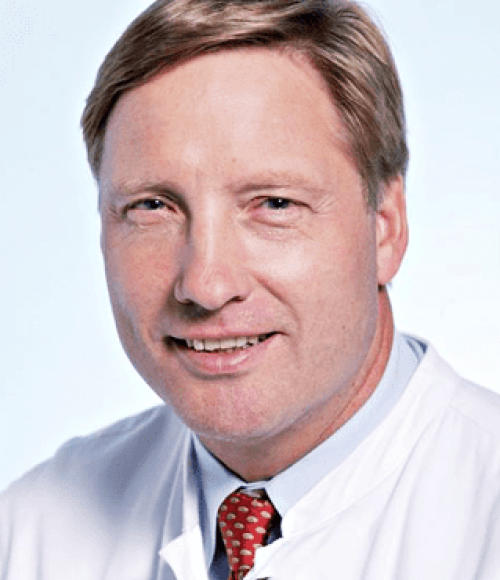
Cardiology / Pulmonology
Chief Physician in Department Cardiac Surgery
Munich / München
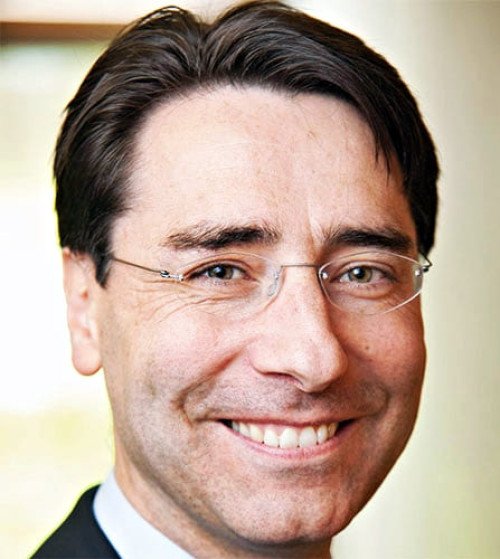
Cardiology / Pulmonology
Medical Director in Department Cardic Surgery
Ulm
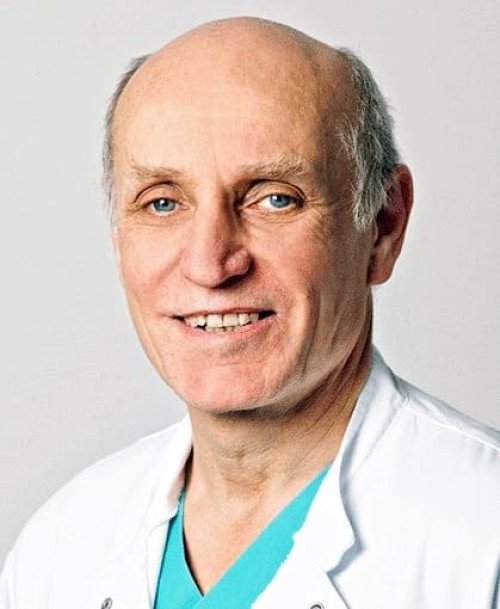
Cardiology / Pulmonology
Senior Professor in Department Cardiology, Angiology, and Pneumology
Heidelberg
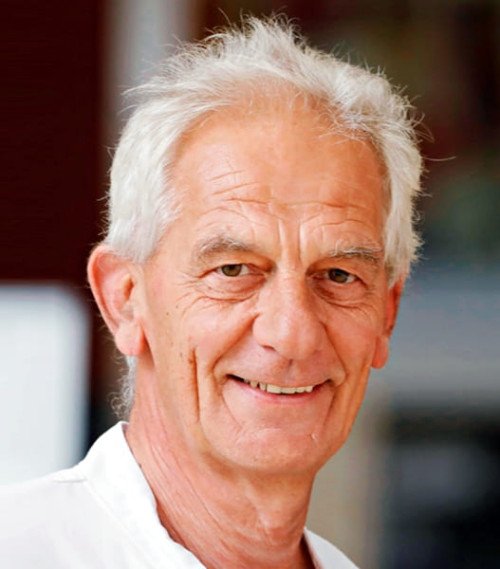
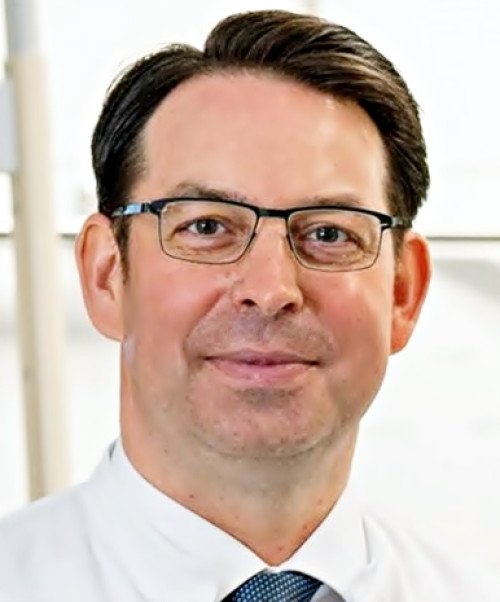
Cardiology / Pulmonology
Specialist for Cardiology, Angiolog, Pulmonology
Jena
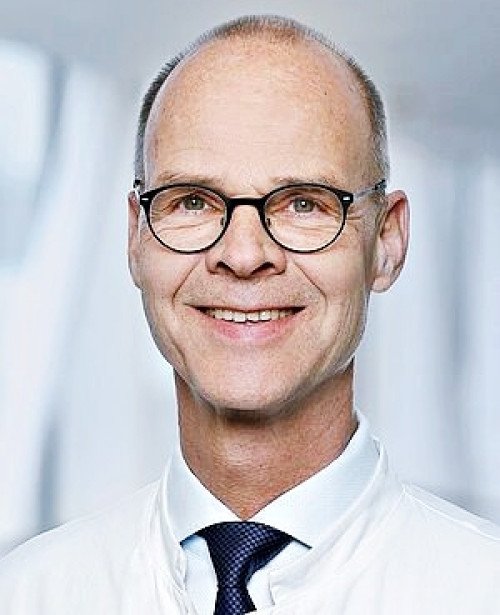
Cardiology / Pulmonology
Specialist in Cardiology and Pulmonology
Düsseldorf
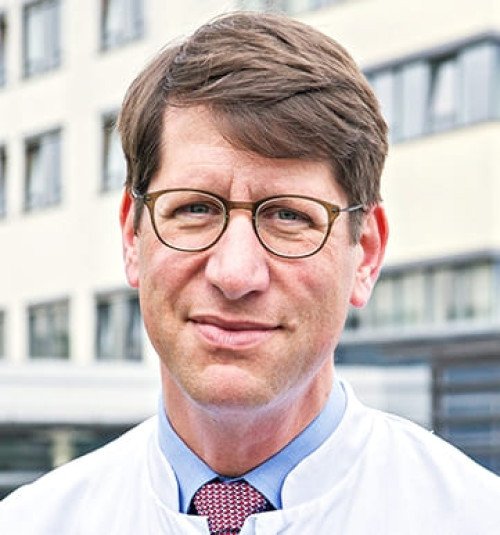
Cardiology / Pulmonology
Clinic Director for Department Cardiology
Würzburg

.webp)
 (1).webp)

.webp)
 (1).webp)


.webp)
 (1).webp)

.webp)
 (1).webp)
